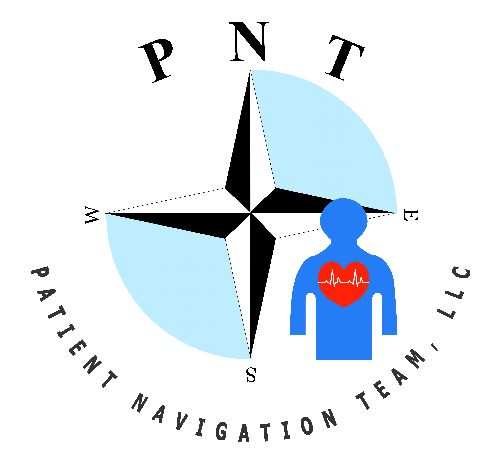The Reluctant Patient and the Stroke
Is It Possible to Have A Stroke Without Knowing It?
The patient just experienced a mild stroke. While they didn’t know it was a stroke right away, they knew something wasn’t quite right and decided to call the doctor for an appointment.
The doctor confirmed it was indeed a stroke, and recommended the patient start taking blood thinners immediately in hopes of preventing future stroke events.
Ever Declined A Recommended Treatment Option From Your Doctor?
In the past, the patient had declined this therapy because they were afraid of bruising easily (which is already a problem for them). They’d also suffered several childhood nosebleeds that had required medical intervention, so naturally there was a real concern about taking blood thinners.
But at this point it no longer seemed realistic to avoid this treatment method.

What Should The Patient Do?
They are scared and the doctor is more concerned about keeping them alive than a possible nose bleed.
Perhaps it is time for an independent patient advocate to address the patient’s concerns.
In this real case, Patient Navigation Team reviewed all the prescribing information for the three most popular blood thinners. Looking at clinical trials, one medication showed a lower risk of unwanted bleeding events than the others.
After cross examining potential side effects with the patient’s other medications, Patient Navigation Team presented the options to the patient. The patient then requested that Patient Navigation Team attend the next consultation with his physician.
At the patient’s request, PNT discussed research and concerns to the physician, with prescribing information in hand. The ultimate decision is with the physician on what he will or won’t prescribe, of course. Due to the medical research Patient Navigation Team was able to provide, the doctor now knew something more: of the three blood thinners, his patient was more likely to comply with medication regime if his concerns were understood and taken into account in the treatment plan.
This example is truly what an independent patient advocate is about! Working with the patient to address their concerns, find reasonable options, and a respectful way to present those options to the medical team — resulting in a favorable outcome for everyone involved.
As an independent patient advocate organization, our loyalty resides with the patient. We work to create clear understanding and communication between the patient and the medical staff, helping everyone involved to find the best possible options for medical treatment.
